With countless choices available, it’s easy to overspend on one item—like a luxurious sofa—only to find your budget stretched thin for other essentials like lighting, decor, or cozy textiles. I’ve seen this happen often, and I’ve even made that mistake myself in the early days. A well-designed living room isn’t just about standout pieces; it’s about how each element works together to create a space that feels complete and comfortable. Even small touches—like ambient lighting or thoughtfully chosen throw pillows—can make a big difference. Whether you’re starting fresh or giving your current setup a refresh, this Living Room Essentials Checklist will help you plan wisely, stay on budget, and bring harmony to your space without feeling overwhelmed.
A Living Room Essentials Checklist for Budget Planning
As you go through the checklist, keep in mind that this isn’t about doing it all at once. It’s about making mindful, intentional choices that suit your lifestyle, your space, and your pace. Start with what matters most, and let the rest come together over time.
Related Articles:
- What Can Be a Focal Point in Living Room Interior?
- Don’t Make This Mistake—Read These Orange Couch Ideas First!
- How to Decorate Around a Blue Sofa? FAQ
1. Foundational Furniture
These are the big-ticket items that make your living room functional. Allocate the largest portion of your budget here.
- Sofa or Sectional: Choose one that suits your layout, lifestyle, and seating needs.
- Coffee Table: A central surface for drinks, books, and decor.
- TV Unit or Media Console: For organizing electronics and media.
- Accent Chairs (if needed): Great for additional seating and style.
Budget Tip: Invest in a quality sofa—it gets the most use. For other pieces, consider second-hand or DIY options.
2. Secondary Furniture
Once the basics are in place, move on to supportive pieces that add comfort and storage.
- Side Tables or End Tables: For lamps and personal items.
- Bookshelves or Storage Units: Helps reduce clutter and showcase decor.
- Ottoman or Poufs: Multipurpose and cozy.
- Curtain Rods and Tiebacks: Often overlooked, but necessary for hanging window treatments.
- Wall Clock: Both functional and decorative.
Budget Tip: Mix budget-friendly flat-pack furniture with one standout piece for style.
3. Lighting and Climate Control: Essential and Often Overlooked
Good lighting and comfort control change everything. They set the mood, support daily tasks, and adapt to your local climate.
- Ceiling Light Fixture: Overhead light for general illumination.
- Floor or Table Lamps: Layered lighting brings warmth and flexibility.
- Fan, Heater, or Air Conditioner: Based on your region’s weather needs.
Budget Tip: Look for lamps and appliances at home goods stores or online marketplaces. Swapping lampshades or accessories can update the look affordably.
4. Soft Furnishings and Decor (Finishing Touches): This category adds comfort and personality.
- Rug: Grounds the room and defines the seating area.
- Throw Pillows and Blankets: Adds color, texture, and coziness.
- Curtains or Blinds: Important for light control and privacy.
- Wall Art or Photos: Makes the space feel lived-in and expressive.
- Foyer Decor & Nameplate (for Entrance): Creates a welcoming first impression.
Budget Tip: Shop seasonal sales, DIY your wall art, or start small and build your collection over time.
5. Plants, Accessories, and Personal Touches: They bring life, warmth, and individuality to your living room.
- Indoor Plants or Faux Greenery
- Planters and Plant Stands
- Candles, Trays, or Bowls
- Books and Personal Collectibles
- A Meaningful Object or Family Heirloom: Something personal to reflect your story and style.
Budget Tip: Start with a few accessories you love. You can always add more as your space evolves.
❌ When Ignoring the Living Room Essentials Checklist: 10 Common Mistakes
Many users on this Reddit thread shared that missing elements like wall art, plants, and proper lighting made their rooms feel incomplete—even with expensive furniture in place. Generally, it is easy it is to focus on big-ticket items and forget the finishing touches. Decorating without a clear plan—or skipping the checklist—often leads to frustration. Here’s where most homeowners tend to go wrong:
1. Skipping Budget Allocation Across the Checklist
Blowing the entire budget on one item (like a designer sofa) and having no room left for lighting, curtains, or accessories.
2. Ignoring the Color Planning Step in the Checklist
Choosing wall paint first, without considering upholstery, rugs, or furniture finishes, results in mismatched colors.
3. Overlooking Lighting as an Essential
Treating lighting as an afterthought rather than a core category in the living room essentials checklist leaves the space flat and lifeless.
4. Not Measuring Furniture Properly
Forgetting to measure before buying violates the checklist’s golden rule: scale and layout must be planned ahead.
5. No Plan for Soft Furnishings
Leaving out items like curtains, cushions, and throws from the checklist makes the room feel cold and unfinished.
6. Cluttered or Empty Walls
Wall decor is on your essentials checklist for a reason—either neglecting art or placing it without proportion throws off the visual balance.
7. Forgetting Storage Needs
The checklist includes functional items too! Skipping on closed storage or shelves leads to cluttered chaos later.
8. Mismanaging Furniture Layout
Placing everything against the wall without following layout guidance from your checklist often results in awkward, disconnected zones.
9. No Focus Piece or Hierarchy
Ignoring the checklist’s tip to have one “hero” item—like a statement chair or wall—makes the room look like a showroom rather than a lived-in space.
10. Decorating Without a Mood Board
The mood board helps visualize how pieces from the checklist work together. Skipping it leads to impulse buys and style mismatches.
Final Thoughts
Planning your living room with a checklist helps you focus on what’s most important, prevents impulse buys, and keeps your spending in check. Start with essentials, make thoughtful choices, and layer in details as your budget allows. With a bit of creativity and intention, you can build a beautiful space that feels just right—without overspending.
Happy decorating!
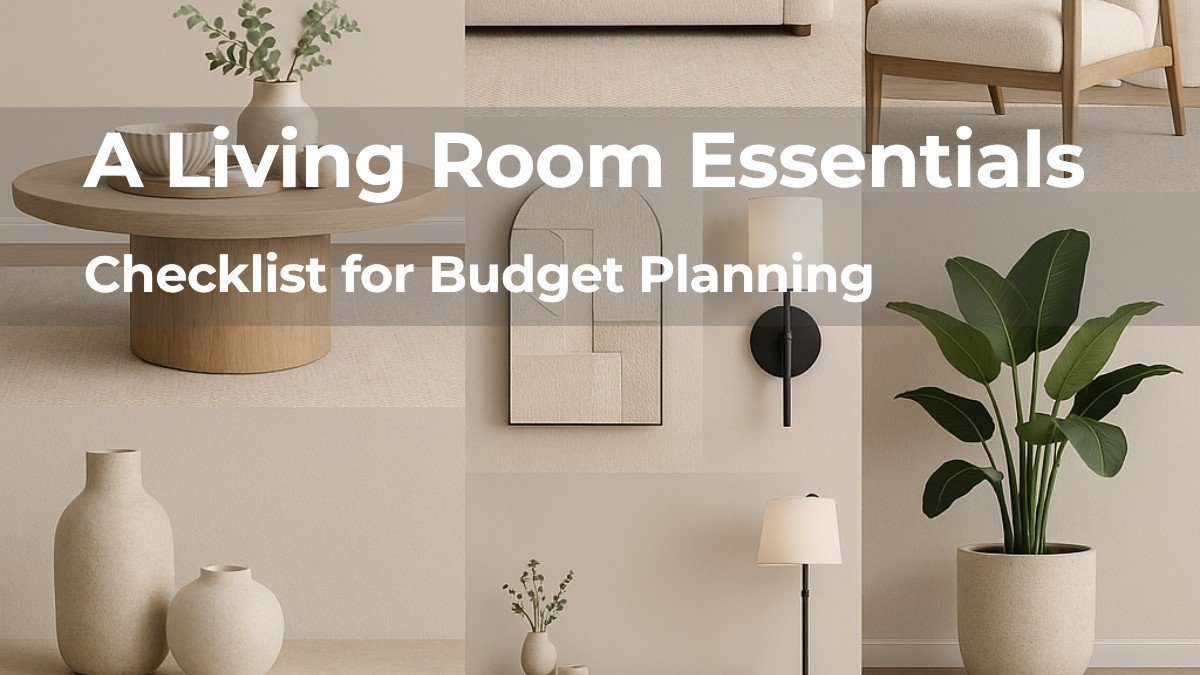
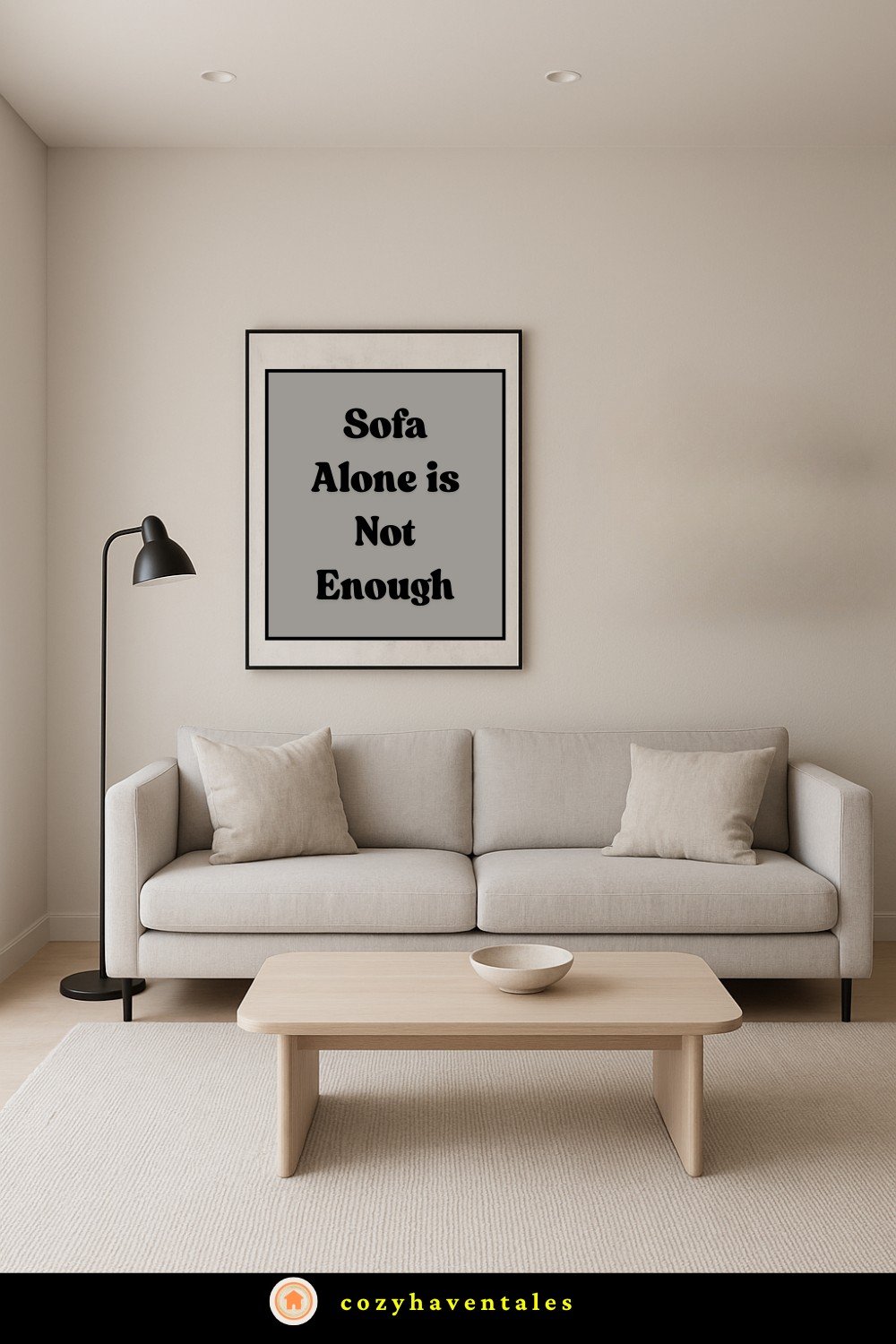
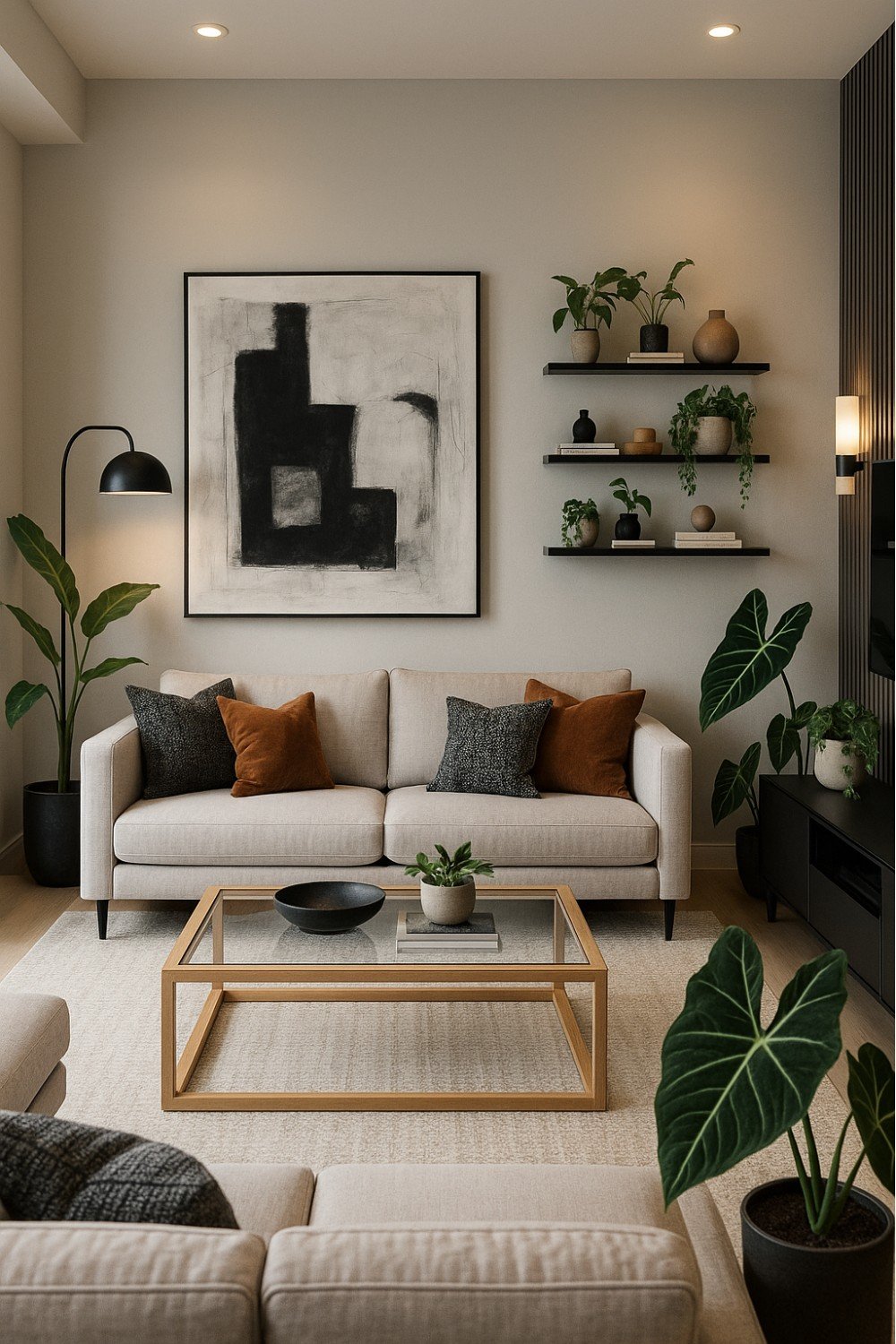

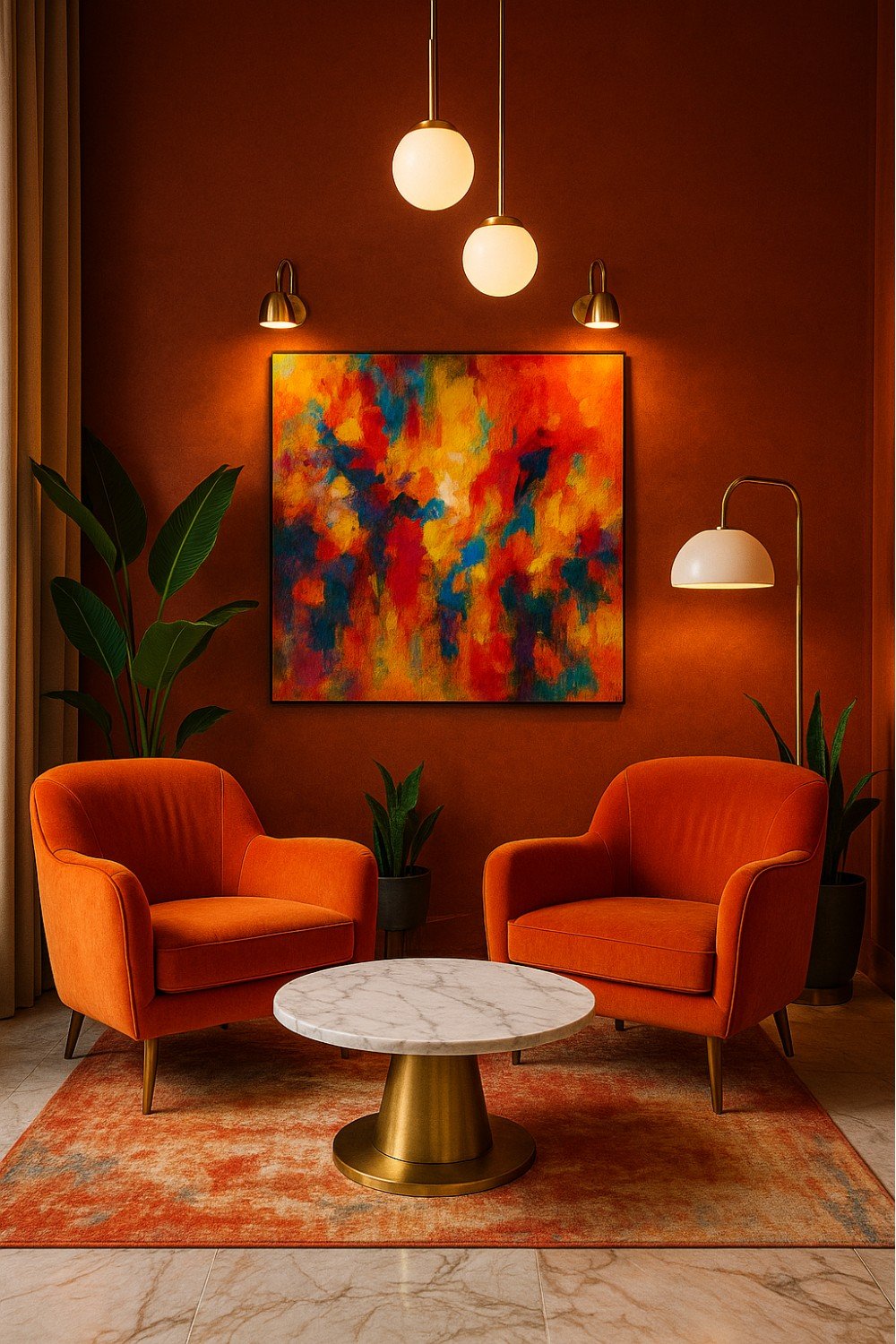
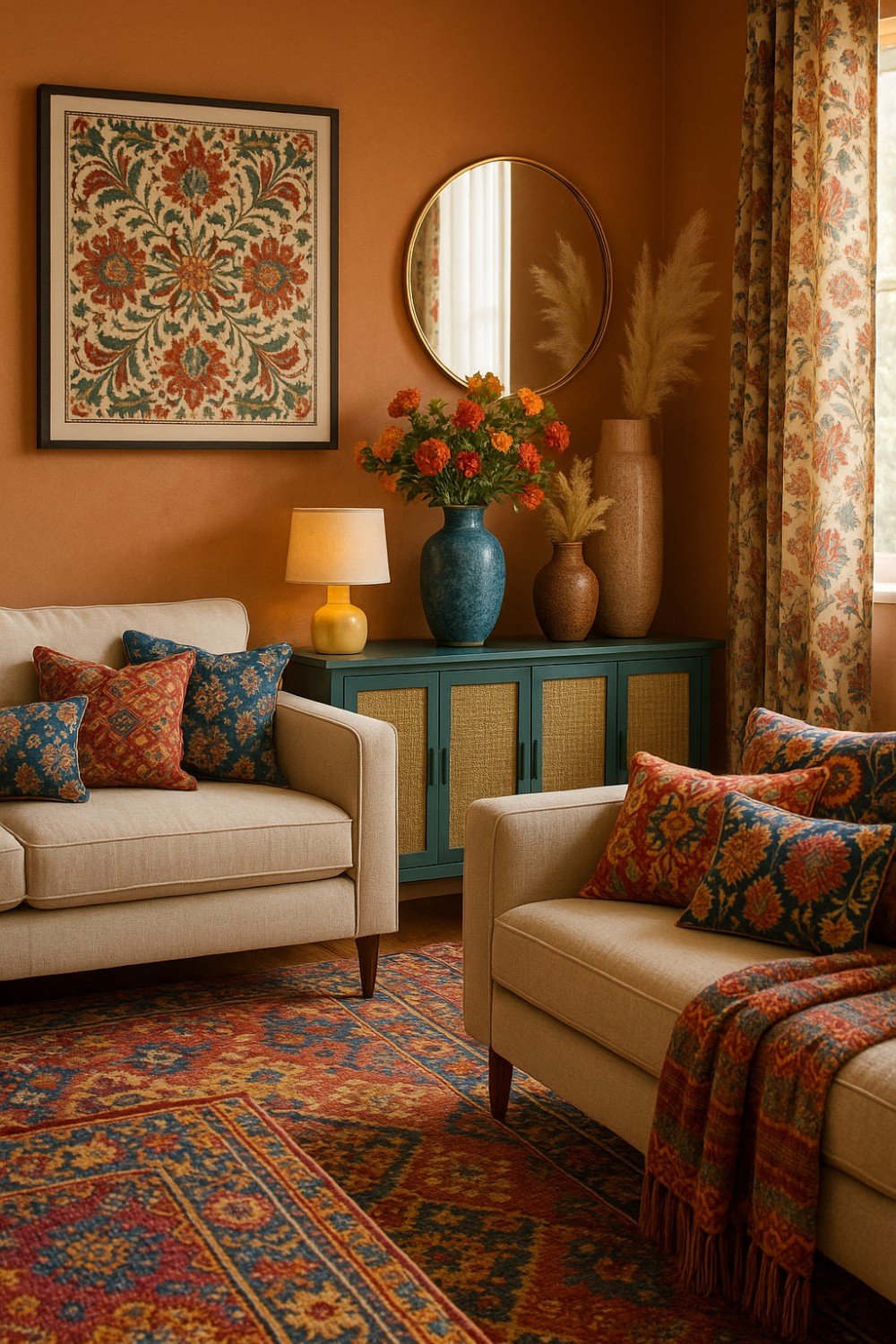
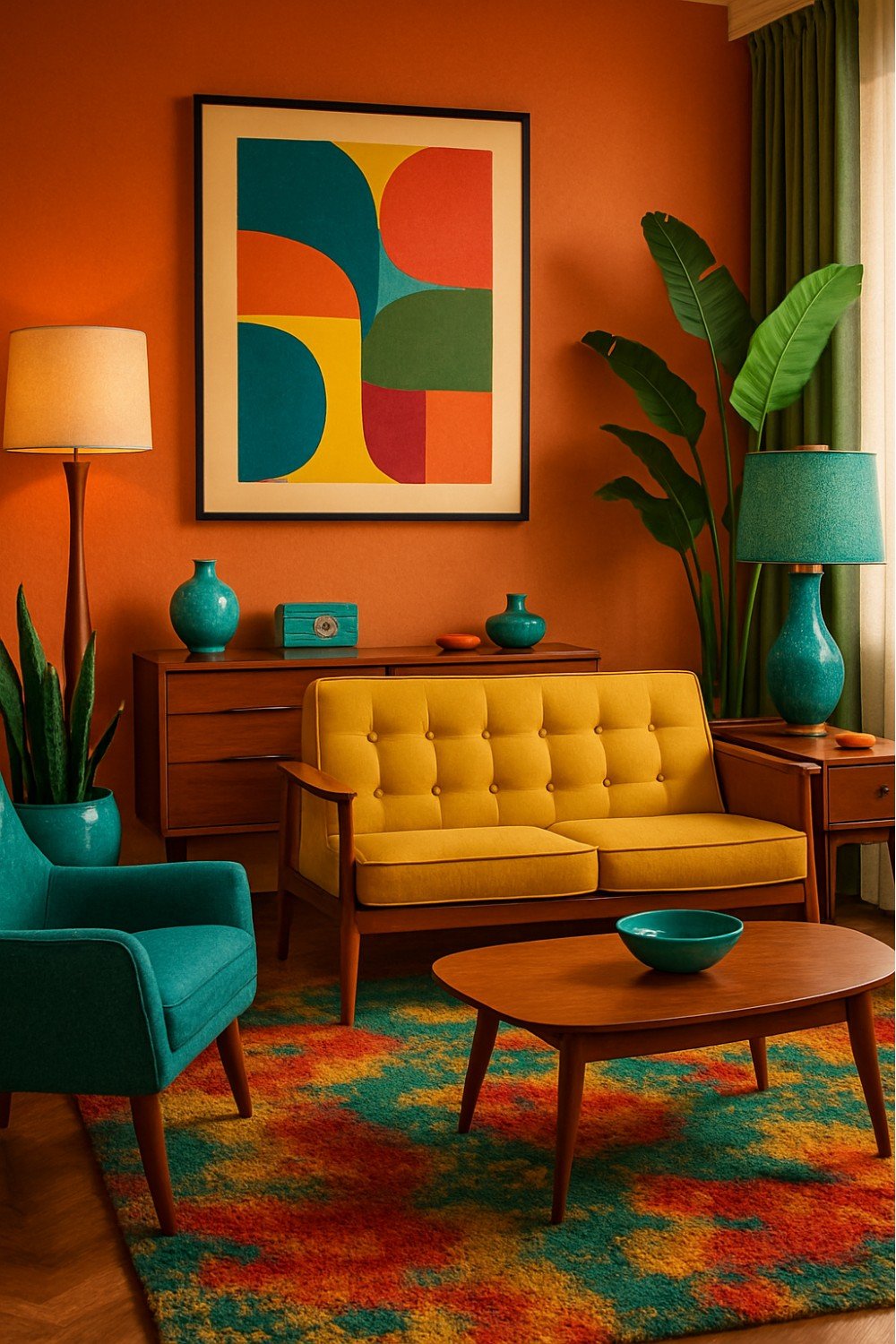
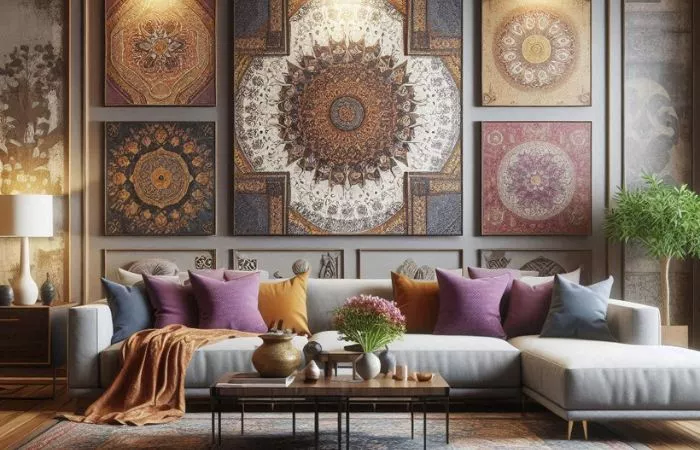
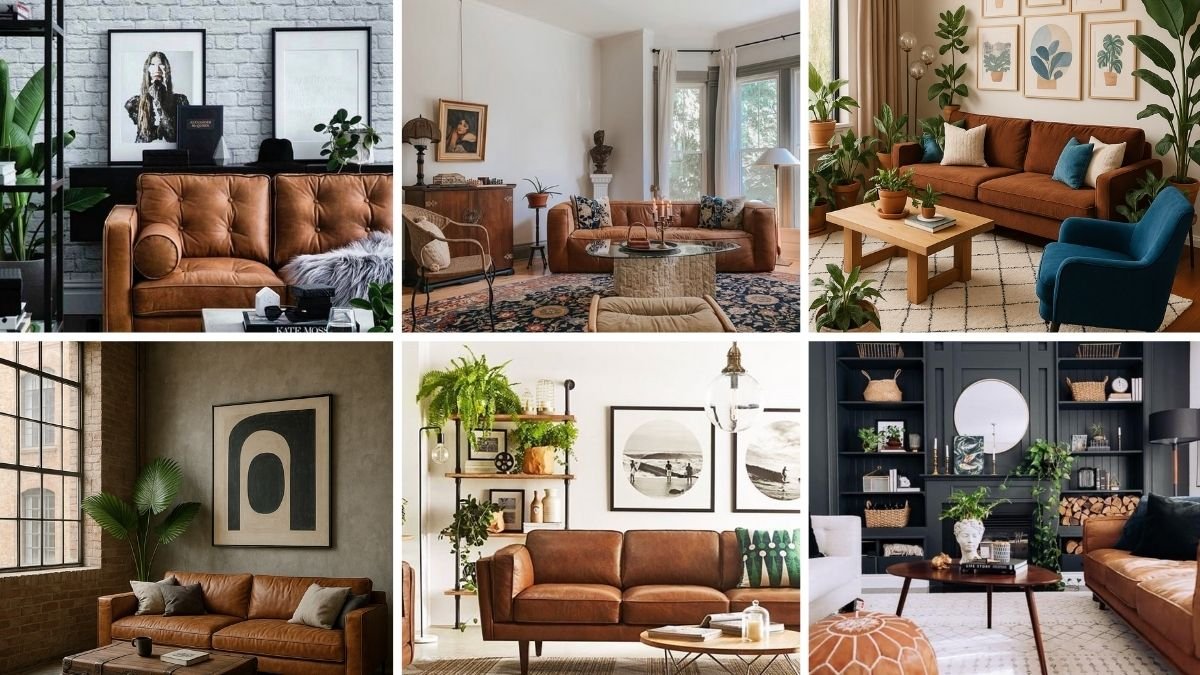
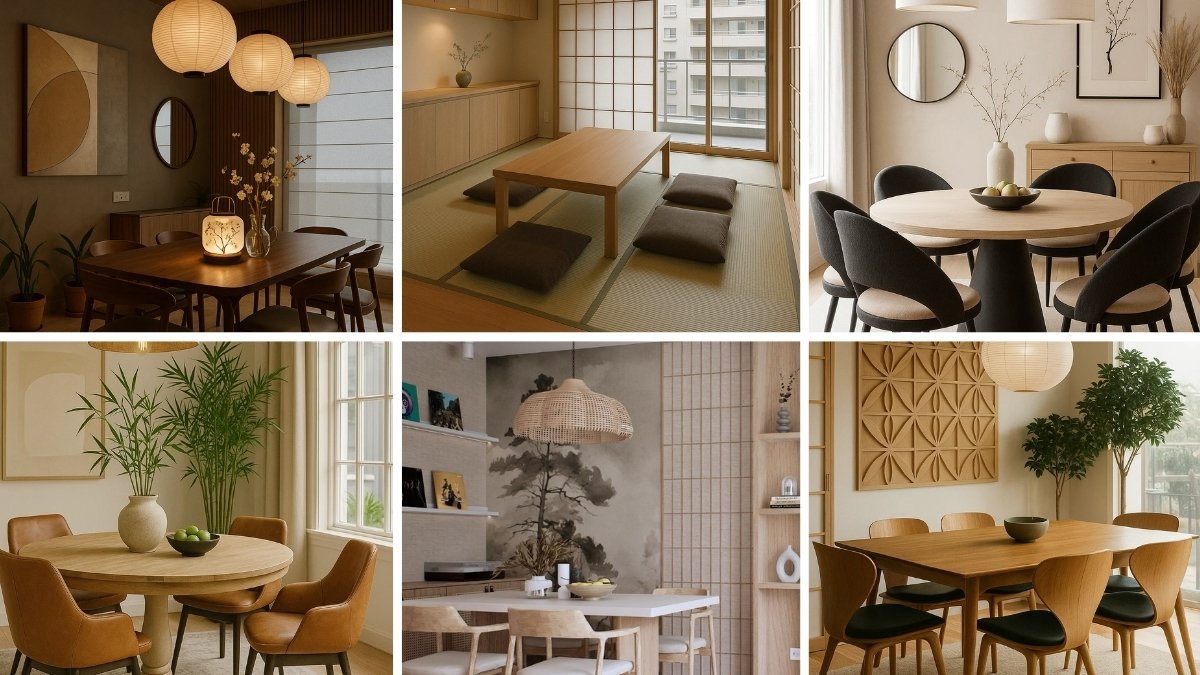
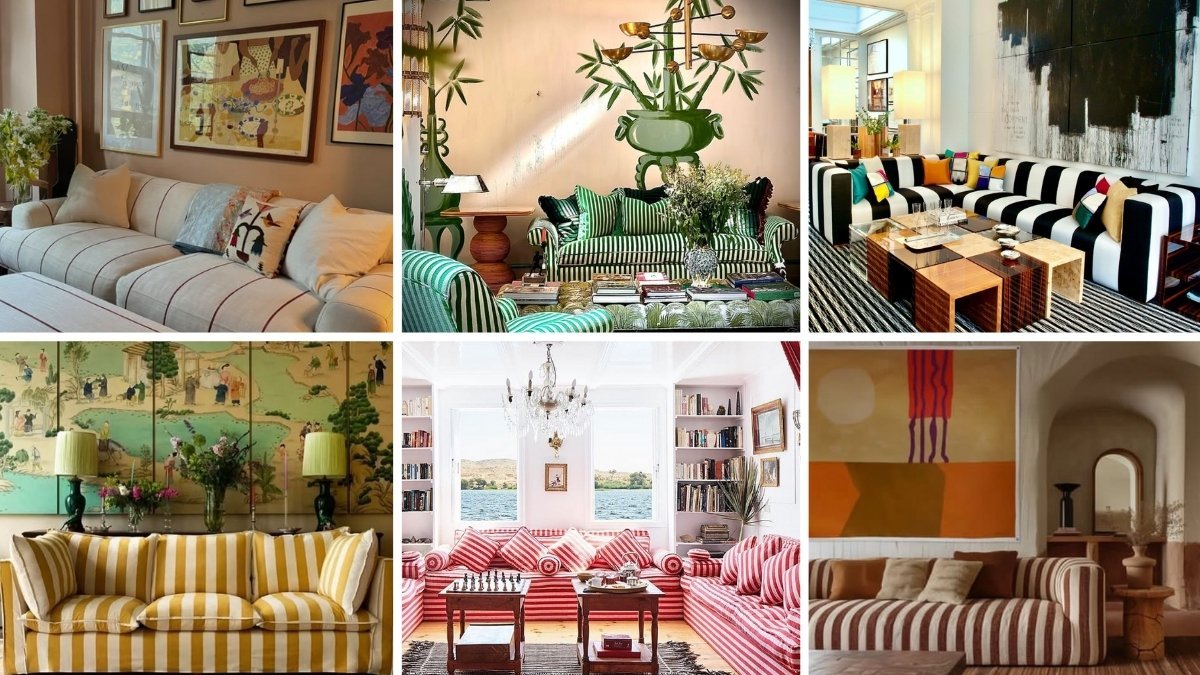
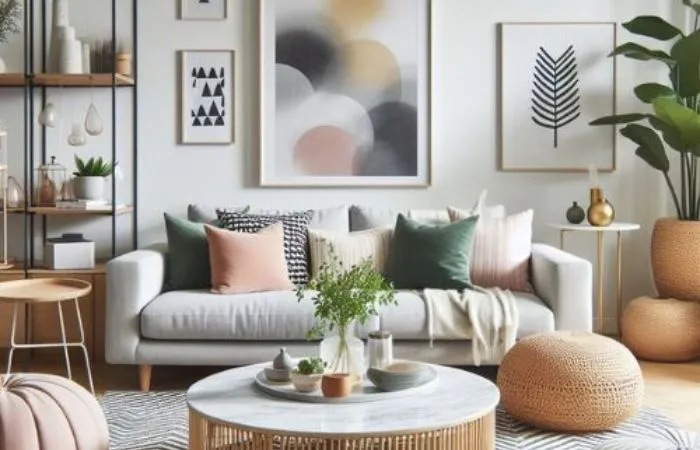
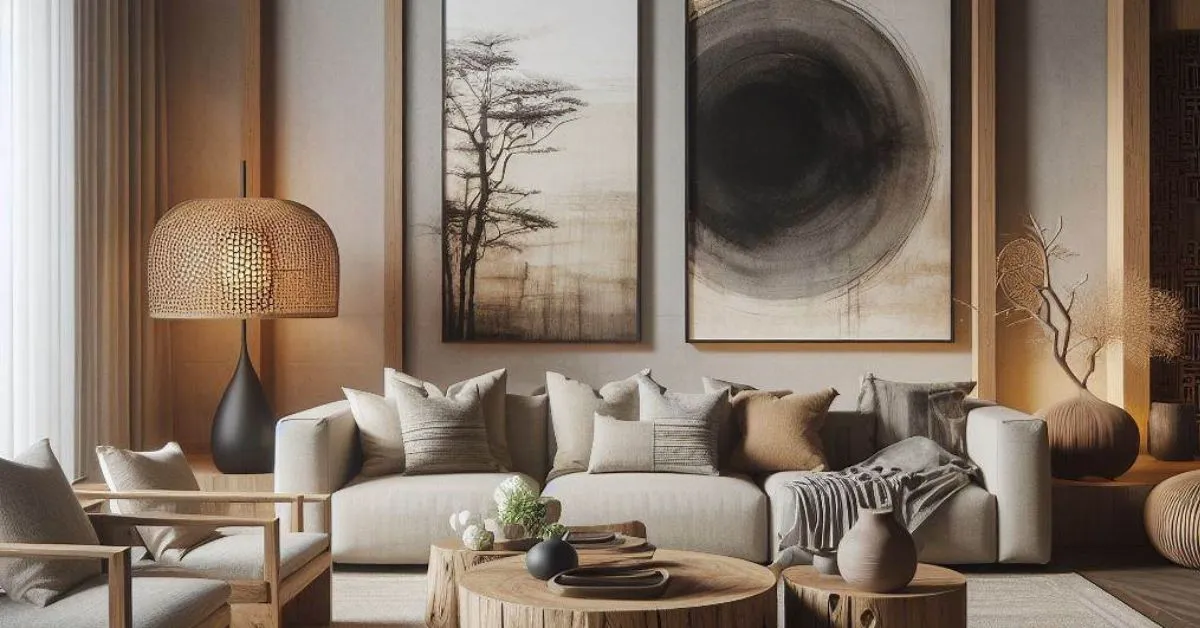
One Comment